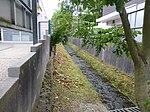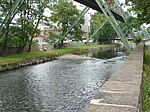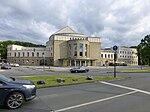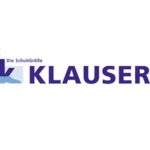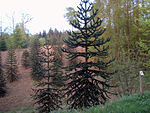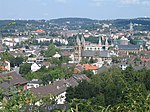Vorwerk (company)
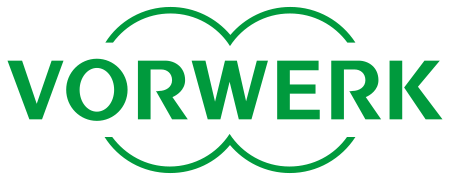
Vorwerk & Co. KG, trading as Vorwerk (German pronunciation: [ˈfoːɐ̯ˌvɛʁk]), is an international diversified corporate group headquartered in Wuppertal, Germany. Vorwerk was founded in 1883. The main business is the direct distribution of various products like household appliances such as Thermomix, a kitchen appliance, and Kobold vacuum cleaners, fitted kitchens and cosmetics. The company, which is family-owned and operated as a limited partnership, reported having 12,000 full-time employees and over 590,000 self-employed sales representatives in more than 70 countries worldwide as of 2014. The largest proportion of sales representatives (546,000) work for the US-based subsidiary JAFRA Cosmetics. The company posted revenue of €2.8 billion in 2014.
Excerpt from the Wikipedia article Vorwerk (company) (License: CC BY-SA 3.0, Authors, Images).Vorwerk (company)
Mühlenweg, Wuppertal Barmen
Geographical coordinates (GPS) Address Nearby Places Show on map
Geographical coordinates (GPS)
| Latitude | Longitude |
|---|---|
| N 51.273888888889 ° | E 7.2002777777778 ° |
Address
Vorwerk
Mühlenweg 25
42275 Wuppertal, Barmen
North Rhine-Westphalia, Germany
Open on Google Maps

